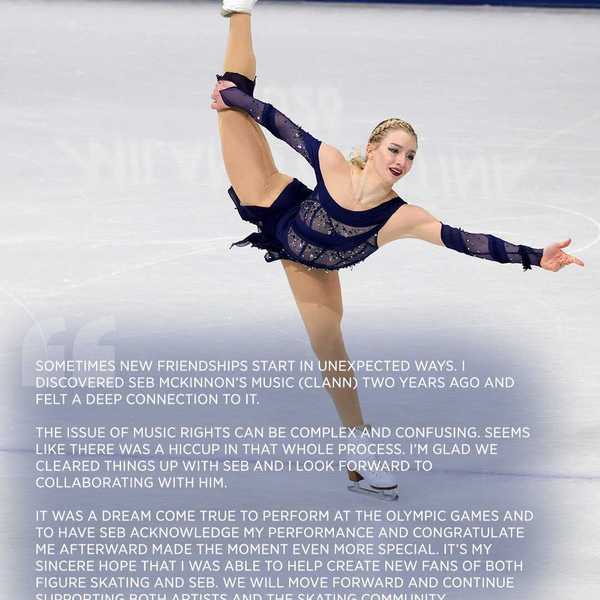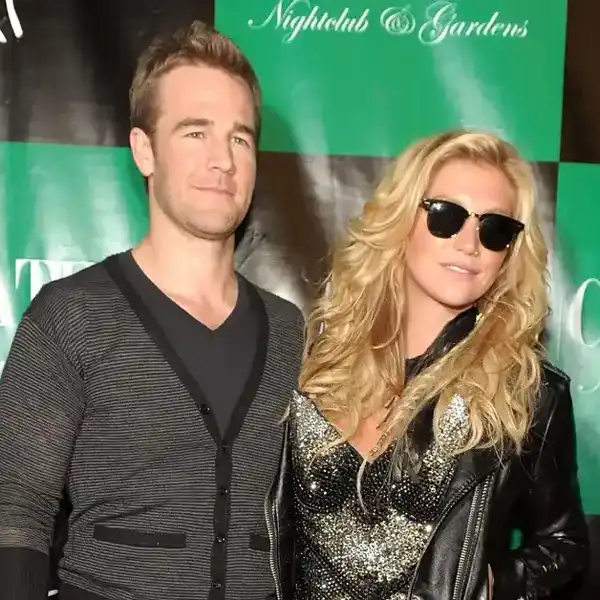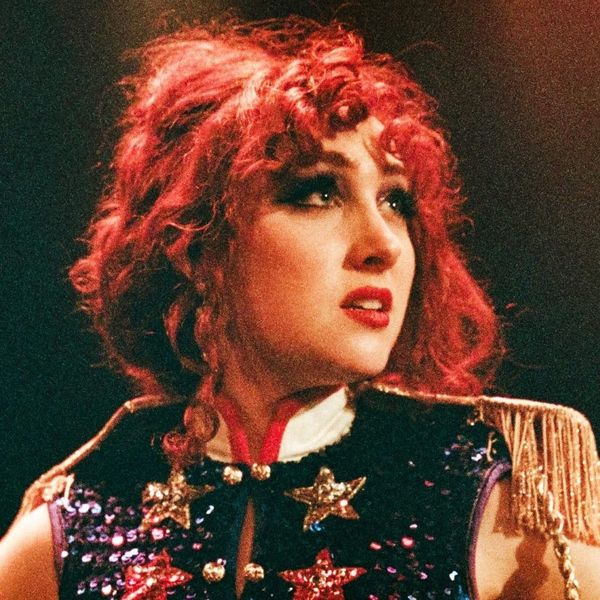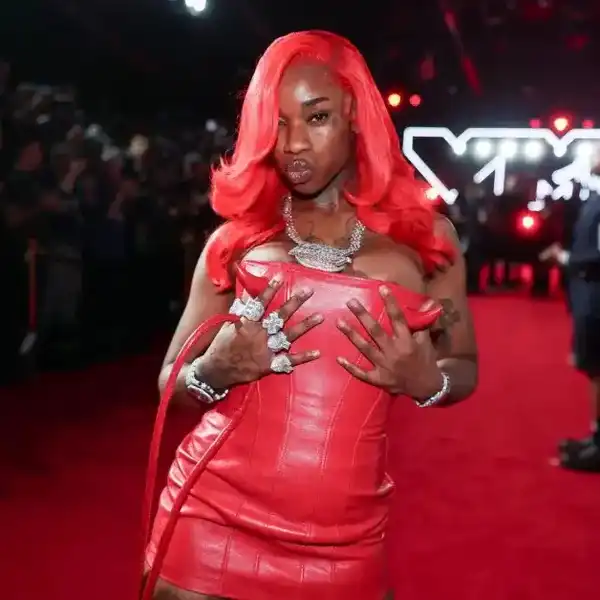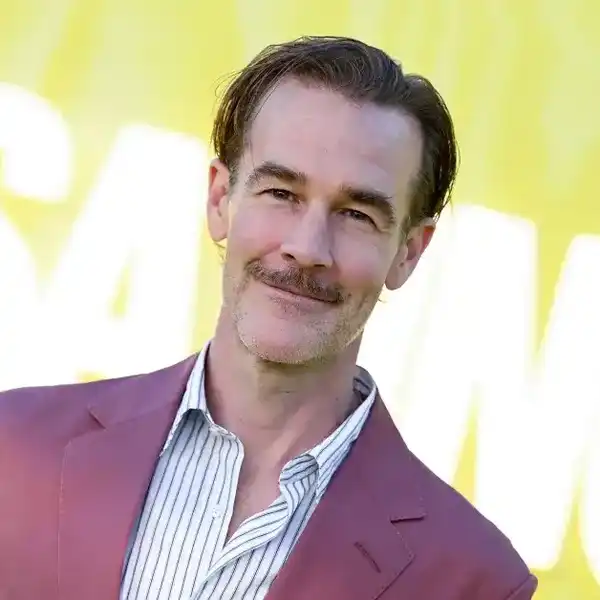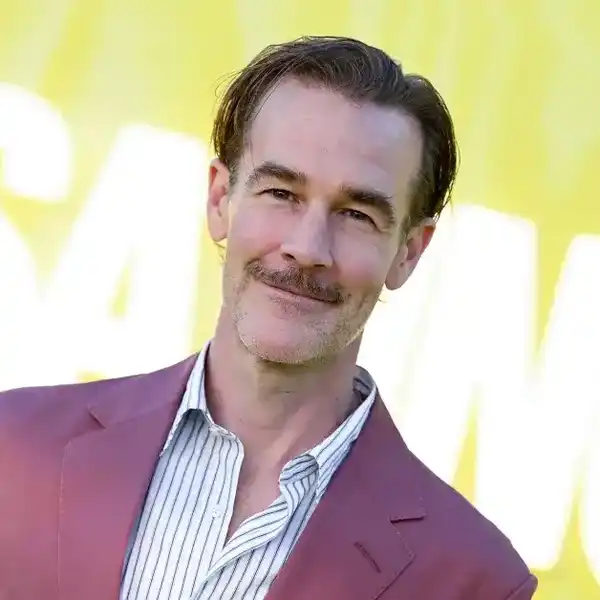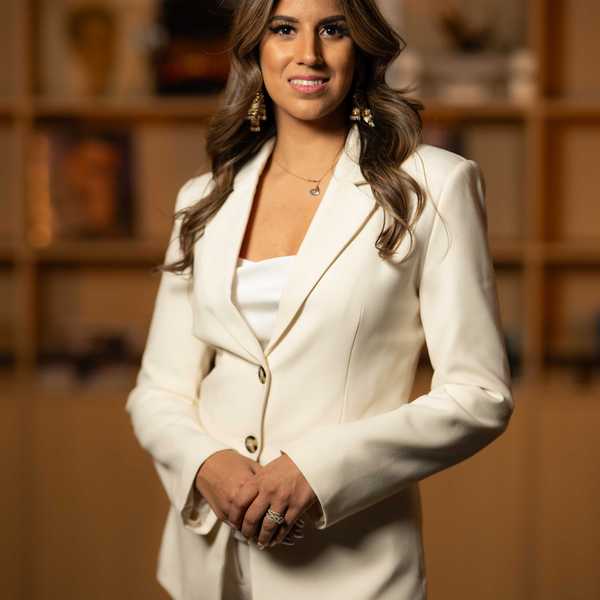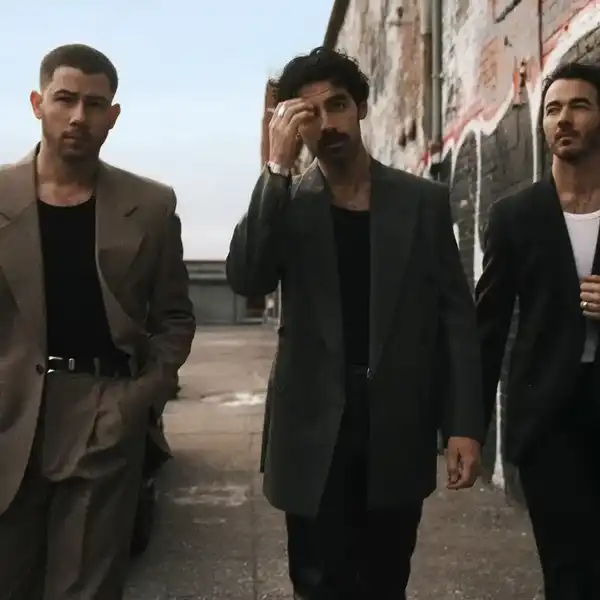The Coalition for Music Education Partners with Cree Artist Adrian Sutherland for National Day for Truth and Reconciliation Program
The initiative has reached over 80,000 students nationwide, inspiring pupils with Indigenous music and storytelling.
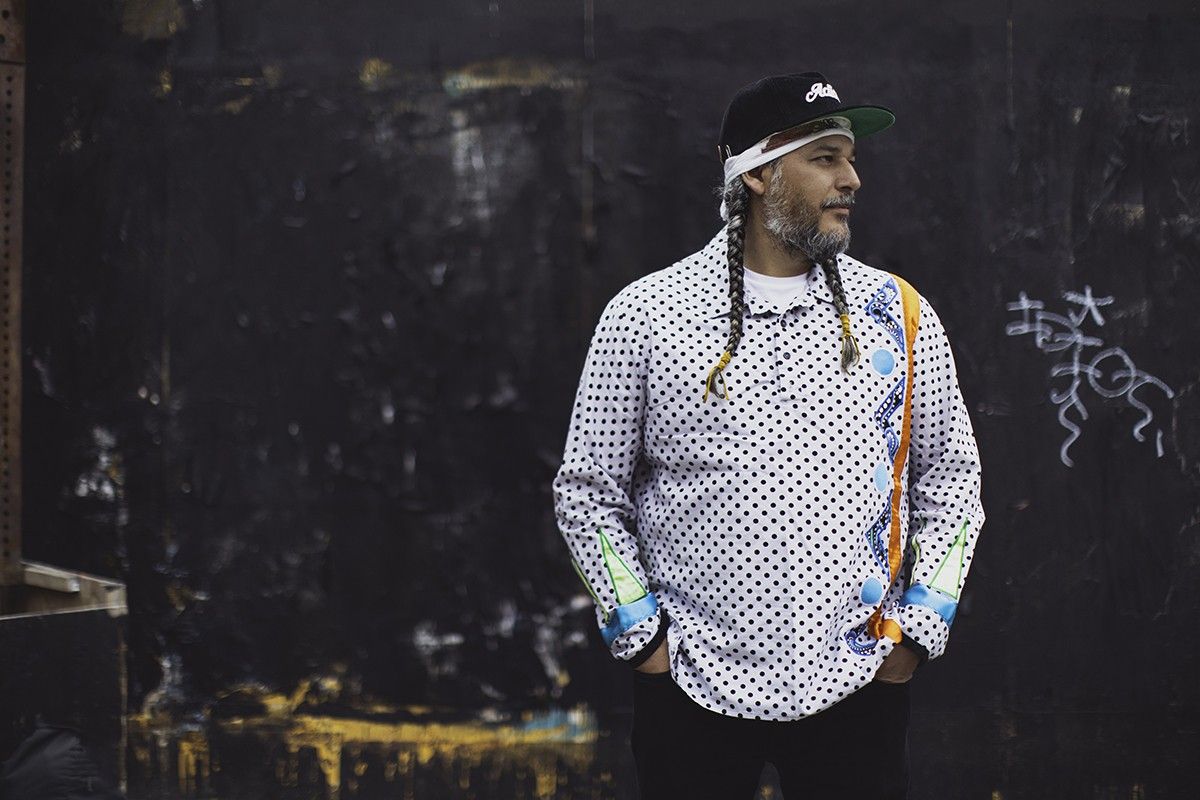
Adrian Sutherland
Cree artist Adrian Sutherland's song is at the forefront of The Coalition for Music Education’s Ancestors Voices, a program that elevates music and learning for National Day for Truth and Reconciliation.
The curriculum-based initiative aims to amplify Indigenous voices in classrooms across Canada, blending education, music and cultural storytelling. It invites students from coast to coast to recognize the painful legacy of the Canadian residential school system, while celebrating Indigenous musicians. Last year’s inaugural edition featured songwriter Julian Taylor’s track “S.E.E.D.S.”
The program was created to introduce an Indigenous songwriter and their song to classrooms across the country in music curriculums. 2025’s programming will include Sutherland’s song “Kiyash,” a roots-rock tune with bold, steady drums and the sharp sounds of harmonica — it includes Cree vocals from the Attawapiskat First Nation resident.
“I’m proud to have been chosen to share my all-Cree song ‘Kiyash’ with thousands of students and educators across the country, who are using music as a tool for learning,” said Sutherland. “As a musician from Attawapiskat, I believe music carries our stories, our language, and our spirit. I hope this song inspires young people to learn and to walk together in love and respect.”
Previously, Sutherland was the frontman and founder of rock band Midnight Shine, releasing four albums as a collective before shifting to solo projects in 2019.
Last year, The Coalition for Music Education launched Ancestors Voices to honour the children who never returned home, the survivors and others whose lives were impacted by residential schools. Through curriculum-linked lesson plans and activities, the program teaches students about the history of residential schools and the importance of National Day for Truth and Reconciliation.
After its first edition, it reached over 400 classrooms nationwide, engaging over 83,000 students from kindergarten through grade 12. Using music as a vital tool for storytelling and healing in Indigenous cultures, each year a new artist will be introduced to build a growing library of resources for educators, developed in collaboration with Indigenous artists and knowledge keepers.
“Ancestors Voices uses music as a bridge to foster empathy, cultural understanding, and dialogue about truth and reconciliation,” said Stacey Sinclair, executive director of the coalition for music education. “Our vision is to honour Indigenous voices and knowledge keepers through music and storytelling, while inspiring the next generation with messages of healing, hope and unity.”





